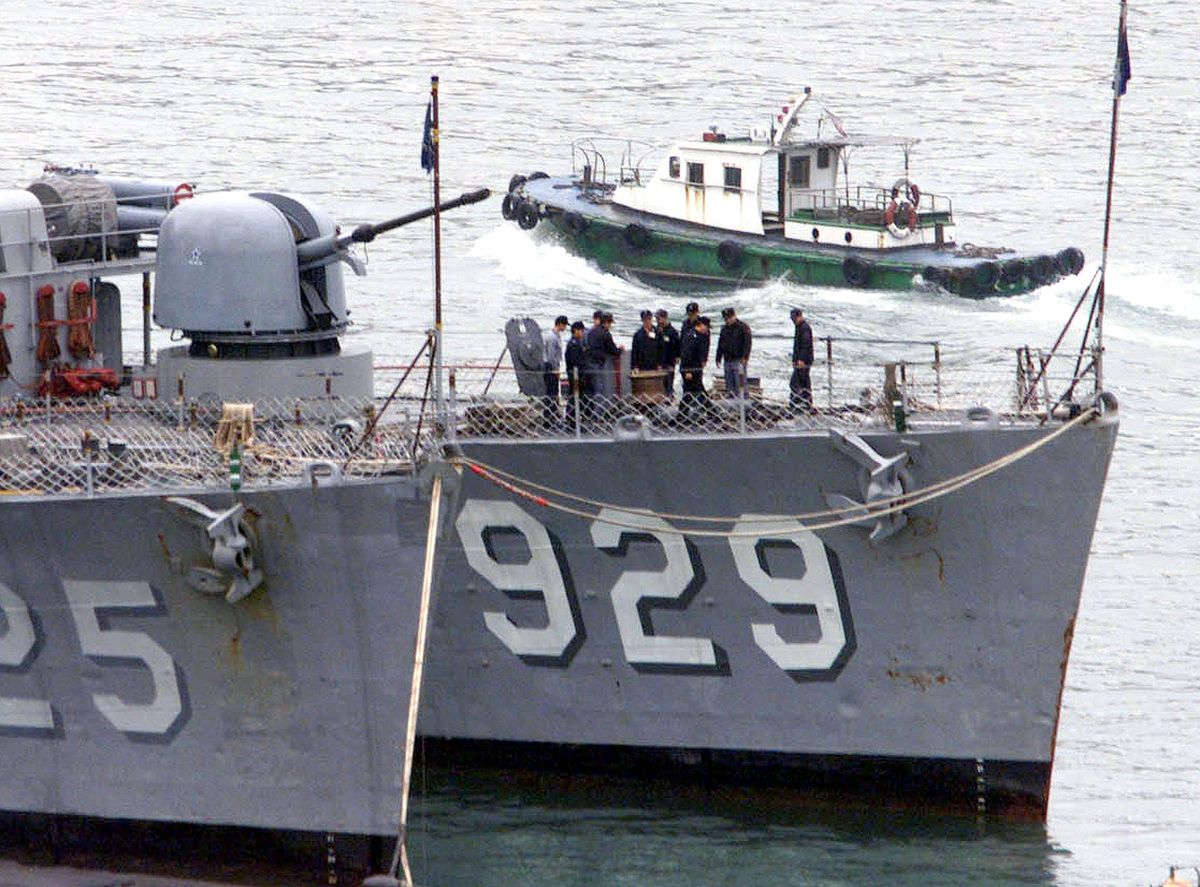It was a busy weekend for naval traffic in the Taiwan Strait. On Saturday, the United States and Canada sailed two warships in the Taiwan Strait after months of coordination and planning between the allies. This isn’t the first time either country has made the voyage.
The two countries say they are transiting the Strait to send a message to China that the Indo-Pacific is international territory, but China sees the “freedom of navigation” exercises as antagonistic acts that violate its territorial sovereignty.
The US Navy was quick to point out the transit was legal under international law. The ships sailed through open waters beyond the territory of any one country, which is to say beyond China’s borders. It’s no accident that Taiwan, which China views as part of the mainland, is on one side of the Strait. And while neither the US nor Canada recognizes Taiwan’s independence, they insist the Strait must be free and open to global commerce.
The sailing comes as the Biden administration is seeking to de-escalate with China where possible. The White House has made progress on that despite a recent visit by Japan and Korea to the US aimed at joining forces against China. Biden also used the recent G20 meeting to announce a rail and sea project connecting India, Europe, and the Middle East – a move aimed at countering Beijing’s Belt and Road plan.
While neither Ottawa nor Washington intended to up the ante with the recent event, routine naval exercises can have unintended consequences. In June, a near-miss between U.S. and Chinese warships in the Strait escalated tensions between the two countries.



















